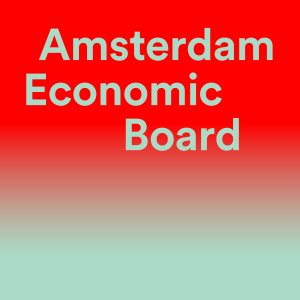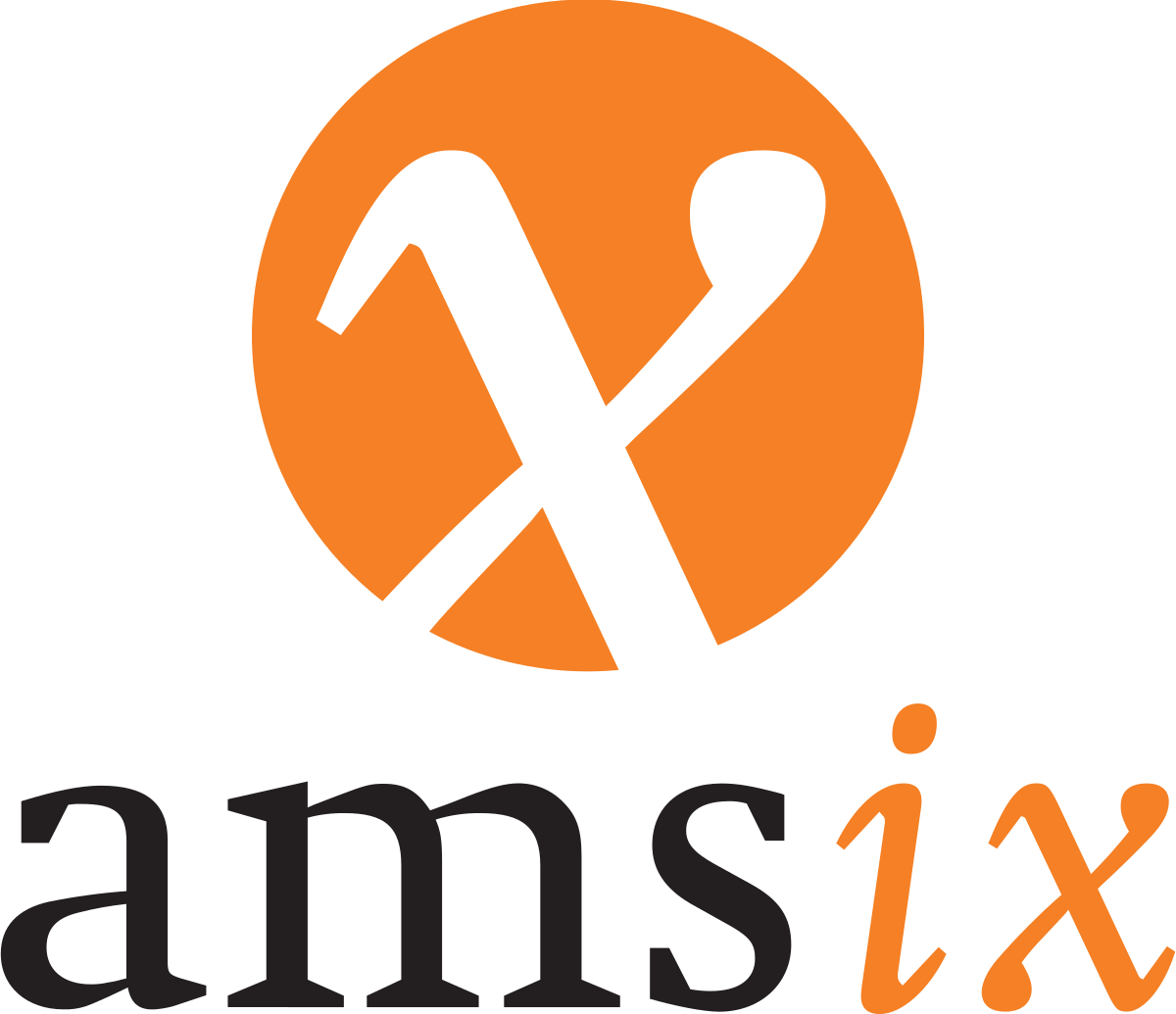- ‘AMdEX’ is set to become a neutral, independent infrastructure, providing organisations the secure foundation they need to develop data-based innovations in a controlled environment.
- Users will enjoy the benefits of various standardised and secure data templates, which are language and operating system independent.
- AMdEX eliminates a common problem: many organisations are eager to share their data, but decide against it because they have no control over its subsequent use.
AMS-IX, deXes, SURF, Amsterdam Economic Board and the University of Amsterdam have begun to develop the new Amsterdam Data Exchange (AMdEX): a neutral, non-commercial, digital infrastructure, which will allow participants to share data in a controlled and secure way under their own terms and conditions.
The partners are developing AMdEX to enable secure and reliable data exchange without reliance on third parties. This will facilitate access to data for the purpose of innovations such as artificial intelligence, subject to the consent and conditions of the data owners. The benefits of data sharing will be enjoyed by all participants, who will share costs to create a fair and open online data playing field. This level playing field will contribute to the development of a sustainable digital economy and a more equitable society with equal opportunities for all.
The benefits of data sharing are often unevenly divided in practice. While some companies make a lot of money gathering and exploiting data, the parties providing access to their data (or those on whom data is gathered) hardly see any returns. The parties sharing their data also have no control over its use. The AMdEX infrastructure provides a solution to these problems. The infrastructure provides a neutral platform that is not owned by any one party and functions as a public utility. The data shared by individuals and organisations with the support of AMdEX will not be collected and stored by third parties. These individuals and organisations will be able to determine which other parties have access to their data and will also be able to control how their sovereign data is handled after any data transactions.
Data that serves society
‘In today’s digital economy, data has become the most important raw material for business innovation and scientific discovery, creating a strong incentive for organisations to unlock their data, share it with others and use it collaboratively. However, organisations also tend to be reluctant to share their data or have it processed by third parties: data sharing is currently expensive and legally complicated due to uncertainties over security, privacy and data ownership. As a result, many organisations are missing opportunities to see their data used for innovation. We will facilitate data sharing through a neutral, jointly managed infrastructure that ensures digital security and trust, allowing data owners to regain control of their data,’ explains Willem Koeman, Digital Lead at the Amsterdam Economic Board.
Building the AMdEX ecosystem
AMdEX is an initiative of the Amsterdam Economic Board and the University of Amsterdam. AMS-IX is currently developing the first phase of the infrastructure in collaboration with the other partners, and will eventually jointly manage the network with an expanding ecosystem of affiliated AMdEX parties. The UvA will conduct fundamental research on generic, programmable data sharing architectures. The UvA, data marketplace supplier deXes and SURF – the ICT cooperative for education and research – are also working to develop the first AMdEX applications.
The five founding members will be funding the project with €1.5 million at their own expenses and with €1.2 million of subsidy money from the European Regional Development Fund (ERDF). Another €300.000 is expected soon from the province of North-Holland. The money will be used towards research, the drafting of technical standards, the establishment of mutual cooperation agreements and the development of a test infrastructure for the first applications. In time, AMdEX should be able to support itself through membership fees. The parties will be working to expand the AMdEX ecosystem over the coming years in order to broaden the member base. AMS-IX, deXes, SURF, the Amsterdam Economic Board and the UvA have entered into a two-and-a-half-year mutual commitment. This will also include efforts to enthuse and engage with similar initiatives abroad in order to create a comprehensive network of exchange facilities.







